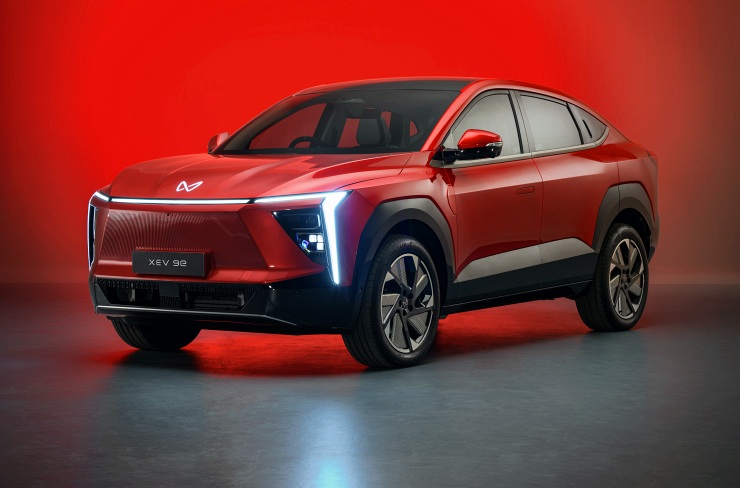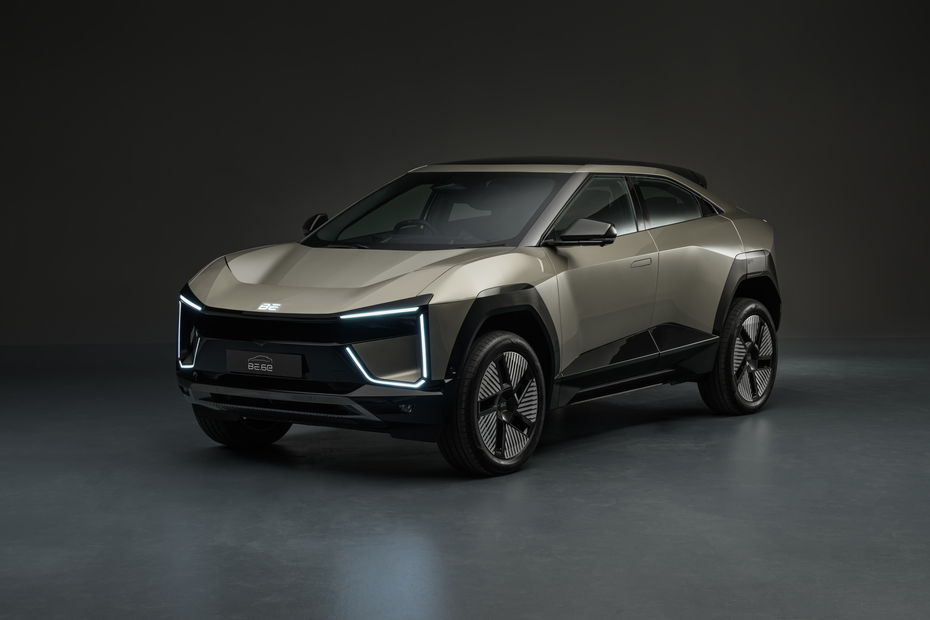Transport businesses, more than any other, face a difficult next few years as they try to balance public demand for sustainability with keeping operations profitable.
Whether it’s long-distance delivery, working with passengers or inner-city package drop-off, all transport businesses need to find a way to make their everyday practices greener, not just for the sake of the planet but public perception of them. As difficult and counter-intuitive as that seems to an industry built on gas-guzzling and difficult to recycle items, there are a few easy ways to make your business more sustainable.
Go paperless
Reducing fuel consumption isn’t the only way you can make a difference to your business’ carbon footprint.
Going paperless isn’t just a great first step to more eco-friendly operations, but a brilliant way to streamline your business and bring it into the 21st century.
Paper is a huge drain on the planet, with millions of trees being felled every year to suit our paper habit. That’s something to remember next time you print something off for clarity.
An obvious way to get around this as a transport company is to invest in fuel cards.
When you equip your fleet of drivers with fuel cards they can use them every time they need to fill up while out on the job. Since all payments go into one centralized account, that means no more receipts and invoices at the end of the month.
If you’re new to fuel cards there is a wide selection out there, including those on comparison services such as iCompario. Most cards on iCompario will also give you a discount on your diesel and petrol, so you can save money while saving the planet.
Plan routes
Confusion costs money.
If your team doesn’t know how to use their tools, you lose time explaining it over and over again. If your operations are unclear, it’ll be hard to integrate new staff.
In the transportation industry, confusion equals not having a clear idea of where to go and the fastest way to get there. In practical terms, driving without direction can cost you significantly in fuel and lead to a less-than-envious carbon footprint.
There are two clear ways to get around this issue. First is to pre-plan all routes efficiently as a business, leaving drivers with no illusion as to the best route to cut out exposure to peak traffic.
Alternatively, you can invest in systems that allow a team back in the office to monitor traffic, weather, and any other condition that may lead to a delay remotely, providing direction back to the drivers in real-time.
It’s important to find a method that suits your business and your drivers, without keeping them on the road longer than they need to be.
Buy second-hand
When you imagined your business all those years ago you probably pictured a shiny new fleet heading out in unison, not some old bangers you’d have to repair to get up to scratch. The problem with buying new is it’s not just a hit for your bank account, but the planet.
Buying a brand new vehicle every time you want to expand your fleet is another step towards draining the planet of its natural resources. If possible you should look to take vehicles that have had a bit of love and fix them up.
There’s a great used alternative out there for almost any company with transport at the heart of it. Used cars and trucks get traded every day and can be picked up for often less than half of the price of a new one. If you start to buy used and prove the success in doing so it reduces the demand for new vehicles across the industry.
It’s not just old fashioned diesel-fueled trucks that are out there waiting for a new home either. There are lots of eco-friendly options that people either have no use for or didn’t gel with that you can pick up quite easily and put to use the next day.
Second-hand isn’t just the eco-friendly way to shop for your business, it’s the smart way.
Alternative forms of transportation
You may be a transport focused business, but that’s doesn’t mean cars and trucks are the be-all and end-all of your operations.
Courier services can experience a lot of joy transitioning from cars to bicycles, as companies such as Deliveroo have proved.
Not only are they a much clearer form of transportation, but they offer new opportunities and routes for your workers to get around. They’re no longer restricted to the limitations of the road.
Outside of your main operations, there are lots of other little ways you can change your transport habits to make your business more sustainable. Instead of driving to business meetings take public transport such as trains. It even gives you an opportunity to get some work done on the way.
You can also offer your staff cycle to work schemes. Many governments support these methods, offering tax incentives to get people to stop driving to work and ride their bikes instead.
Sustainability seems harder to achieve than it actually is. There are a number of ways your business can start making incremental steps towards a greener operation. It’s not a case of ripping everything up and starting again but noticing obvious changes and getting to work.
-
Mahindra XUV 9e Launching Soon in Nepal with a Price Tag Higher Than the BE 6HIGHLIGHTS Mahindra XEV 9e price in Nepal is expected to start at Rs. 77.65 Lakhs.…
-
Mahindra BE 6 Launching Soon in Nepal with Expected Premium PricingHIGHLIGHTS Mahindra BE 6 price in Nepal is expected to start at Rs. 76.30 Lakhs.…
-
Infinix Note 50x 5G+ Launched! The Most Affordable Phone with Dimensity 7300 in NepalHIGHLIGHTS The Infinix Note 50x 5G+ price in Nepal is Rs. 21,999 (6/128GB). It is…















